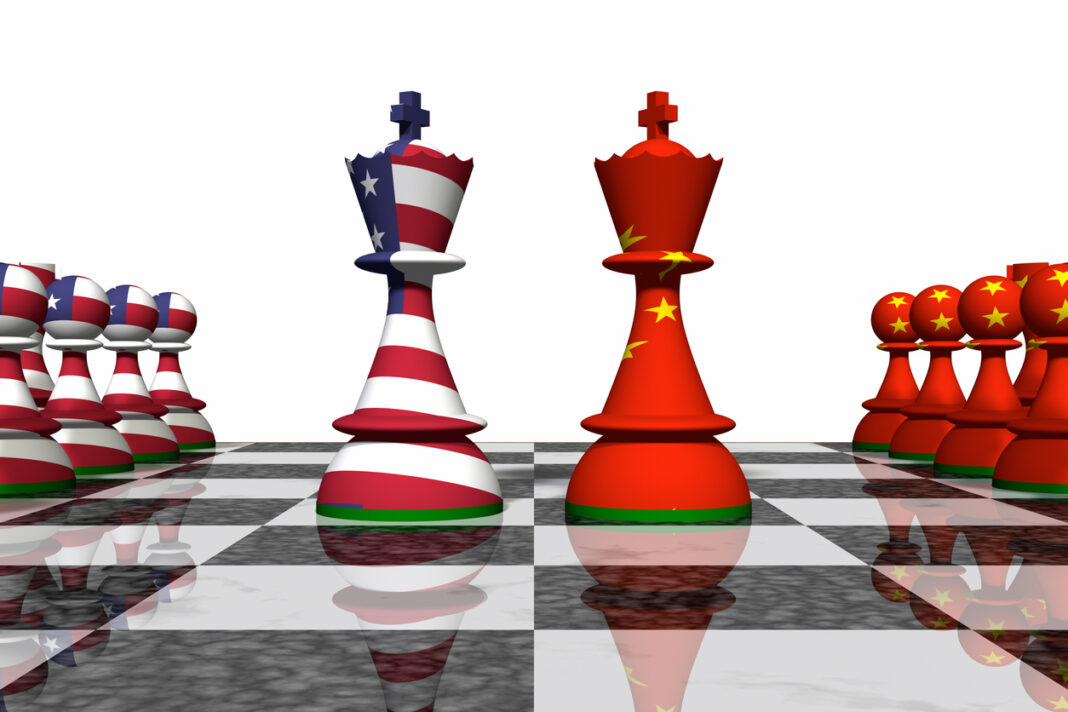It is interesting to observe how the West’s so-called experts on China wrestle uncomfortably with China’s progress. Their starting point is common to them all – Freedland, Aaronovitch, Finklestein, Lucas, even Kerry Brown and Martin Woolf, to name just a few. China is a dictatorship, and the West is a democracy. They argue and China’s achievements must be discredited for fear that its progress will be copied by other developing countries leading to the rejection of a western human rights approach to government favouring a people-based authoritarian government. They fear that One Man One Vote does not have a future. China must be rejected.
Professor Tony Saich of the Harvard Kennedy School is a respected name in academic circles but he, too, in a rush to undermine China’s success, falls into the routine dismissal of the significance of China. His choice of language and emphasis of issues, as he writes about the 100th anniversary of the founding of the Communist Party of China (CPC), is quite revealing.
First, he credits the Communist Party of the USSR with playing a crucial role in the founding of the Communist Party of China (CPC) – ahead of the role of China’s Communists. Second, Saich asserts that the CPC was very fortunate to survive the Kuomintang(KMT) attack on the Party in 1927. Third, it was again fortunate to defeat the Japanese Occupation between 1937-1945.
And then, when Saich feels the obligation to explain China’s success in the Civil War against the KMT, he does so by praising China for “working with bandits with different gangs and groups” So, it wasn’t the Party but the Bandits and the Gangs that brought about the success of the Revolution!
When it comes to the defeat of Japan, Saich concludes that the Party was “helped” by the Japanese aggression. He praises the Kuomintang for standing up “to the battering” it endured from Japan, implying that the Party was protected by the KMT and used the Second World War to focus, not on expelling the Japanese, but on preparing for the 3rd Civil War 1945-49 against the KMT. In a phrase, the Party allowed Japan to run rampant in China while the Party put in place plans and initiatives for the post-Japan period. So, Saich concludes, the Party was not patriotic but merely calculating in ensuring that the KMT bore the brunt of the Japanese attack leaving it weak and vulnerable to the CPC push against the KMT after Japan had surrendered.
Whilst acknowledging that the Party was flexible and adaptable and avoided institutional rigidity before 1949, it lapsed, says Saich, after gaining power and became the prisoner of ideology which led to the failure of the Great Leap Forward (GLF) and, eventually, to the chaos of the Great Proletarian Cultural Revolution (GPCR). Let me be clear, any review of China and its achievements have to comment on the failings of the GLF and the GPCR. They are stand out events in the history of the infant People’s Republic of China and require scrutiny and analysis. Still, so often, that balance is missing as Western experts review the Party’s 100th Anniversary.
Thereafter Saich focuses on control, security and Party power in a way that is intended to discredit the Party. But this is not a surprise. Saich and the rest have as their goal the determination to discredit the CPC because it offends the basic cannons of Western Democracy. China’s success of moving from the Sick Man of Asia in 1949 to the leading economic power in the world by 2029 is quite unique, and the people of China have seen almost 1bn people lifted out of poverty. Today the Chinese have a choice of jobs, residence, eateries, travel destinations, clothes, accommodation and holidays.
But this is not considered, analysed or reviewed by Western critics. It says nothing about the quite eloquent fact that 140m Chinese travelled abroad without any reports of even one Chinese national seeking asylum in Western countries. Worse still for Saich in particular, the Harvard Kennedy School has noted in a 2020 review that Chinese students and tourists have returned from periods of stay in the US, expressing stronger support for China’s system of government and less support for US democracy. As the saying goes, “Seeing is Believing”.
At the end of the day, the Saich approach is without intellectual justification. It is not balanced or objective but imbalanced and subjective. Its purpose is to discredit;-
- the challenge of China’s system of government,
- the challenge of China’s achievements; and,
- the example China offers developing countries in terms of prosperity and stability as it races towards becoming the leading economic power in the world.
This was not meant to be. China is “communist, dictatorial, repressive and incapable of bringing long term prosperity to the 1.4bn people of China.” The Western academics and the media opinion-makers continue to get it fundamentally wrong because prejudice, not reason, dominate their approach and perspective.
GRAHAM PERRY
JULY 2021





Graham
Tony Saich’s take on the KMT, Japanese and the Communists is contradicted by Jim White, an American Reporter and Foreign Service Officer who was part of the Dixie Mission during the civil war and WW2. This is the 1976 interview on this subject.
https://www.youtube.com/watch?v=LEVerjYGrHY
He states that the KMT was always destined to fail because they did not have the support of the peasants, whereas in the Communist controlled areas, they were fully on board. Also the communists were not well equipped, it was USA that was funding the KMT against Japan with modern equipment, the communists could only get there hands on leftovers.